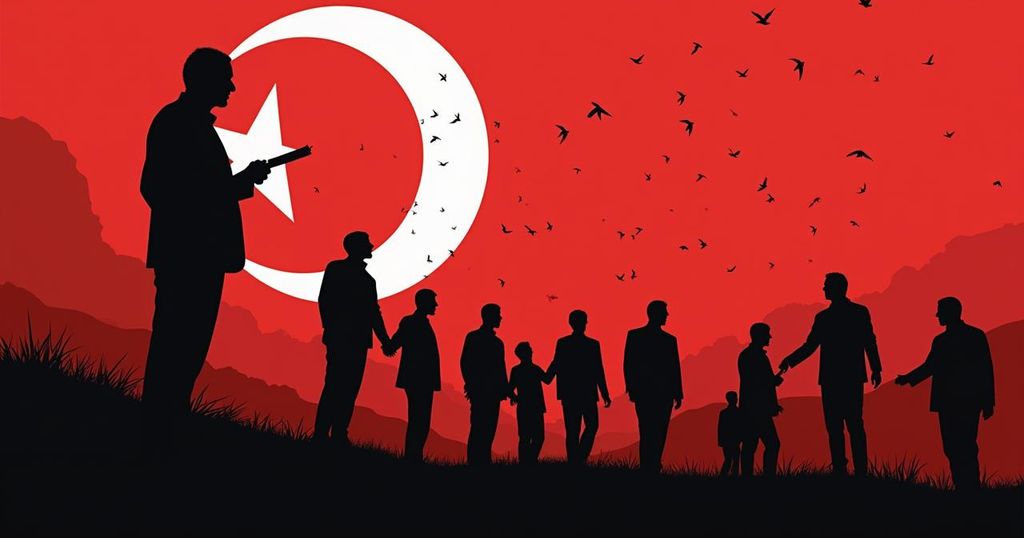This analysis delves into the implications of social class alliances during Egypt’s revolutionary aftermath. It highlights the importance of language, particularly the term “thug,” which carries classist connotations and reflects the underlying class struggles in Egyptian society. The essay emphasizes that understanding these dynamics is critical to determining Egypt’s future political landscape while advocating for a more nuanced dialogue that transcends harmful stereotypes.
This essay examines the intricate relationship between social classes and the political outcomes following revolutions, specifically in the context of Egypt. Historical patterns suggest that the nature of alliances formed among social classes during these transitional periods significantly influences whether a democratic or fascist regime will emerge. In instances where the middle class is empowered and collaborates with an elite group, a more democratic political environment tends to arise, as seen in countries such as France, England, and the United States. Conversely, when the conservative elite aligns with military forces while sidelining workers, farmers, and the middle class, the potential for a fascist regime increases. Other historical examples, such as early 20th-century China and Russia, further exemplify how a dominant peasant class can pave the way for a Communist government. It is crucial to analyze the current alliances forming in Egypt and the implications of language in this discourse. Of particular interest is the term “thug,” which has its roots in a Turkish word associated with weaponry, and carries a distinct classist connotation. When employed to describe individuals employed by former regime allies to disrupt peaceful protests, it underscores a transactional dynamic between aggressors and those who pay them. Alternatively, when addressing ordinary citizens who resort to violence out of frustration due to systemic marginalization, we still confront a classist interpretation. Such violence is often a reaction against institutionalized discrimination from authorities or societal aggression from other social classes. Thus, the pejorative label of “thug” is applied to those who diverge from the image of an “educated, civilized protester,” revealing profound societal class contrasts that Egypt has yet to confront. While this essay does not advocate for violent protest methods, it seeks to contextualize the motivations behind these actions. Continuing to frame protest-related violence in classist terms risks perpetuating stereotypes similar to those found in international narratives that depict Muslims and Arabs as terrorists. Therefore, it is imperative to cultivate self-awareness in the language utilized to define our social struggles and to maintain vigilance regarding the alliances being formed, as these will ultimately determine the future trajectory of Egypt’s political landscape.
The aftermath of revolutions poses a critical juncture for societies, dictating whether they gravitate towards democracy or authoritarianism. Analyzing the alliances and language prominent during these transitional phases exposes the class conflicts at play. In Egypt, the terms used to describe participants of social upheavals, particularly the word “thug,” reveal biases that reflect deeper societal divisions. The current discourse requires scrutiny as it has the potential to either entrench or challenge classist narratives as the nation navigates its path forward.
In summary, the discourse surrounding the Egyptian Revolution and the use of terms such as “thug” highlight significant class distinctions and tensions within society. The nature of alliances formed amid this political transition will be pivotal in shaping Egypt’s future governance. It is essential for dialogue to evolve, moving away from harmful stereotypes and towards an earnest acknowledgment of the socio-economic factors influencing unrest. By critically examining language and fostering inclusive dialogue, Egypt may aspire towards a more equitable political future.
Original Source: worldcrunch.com







